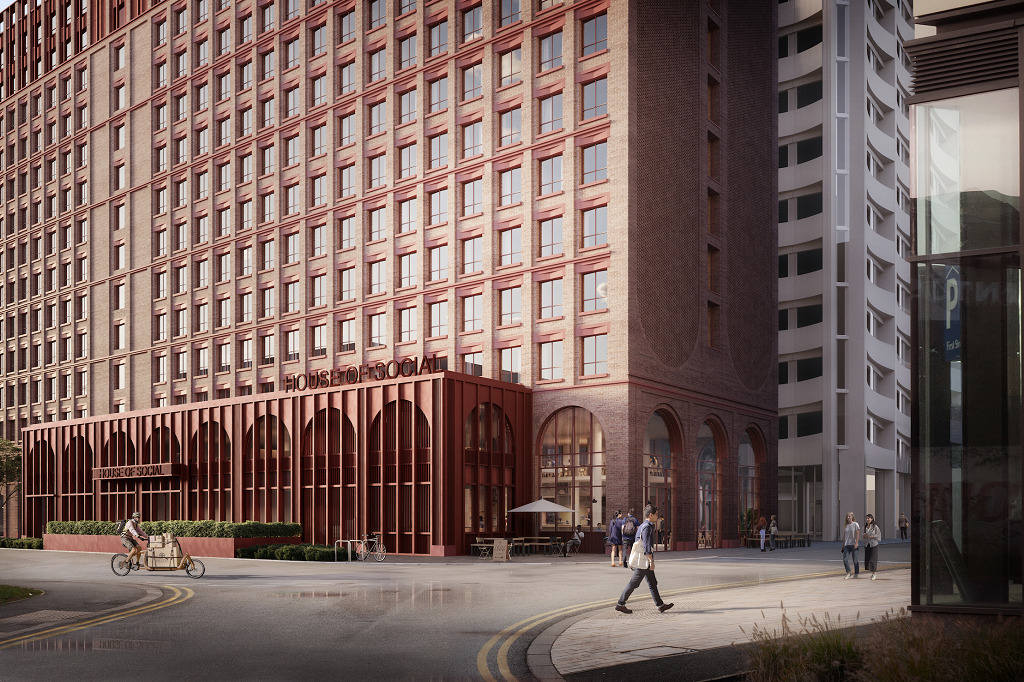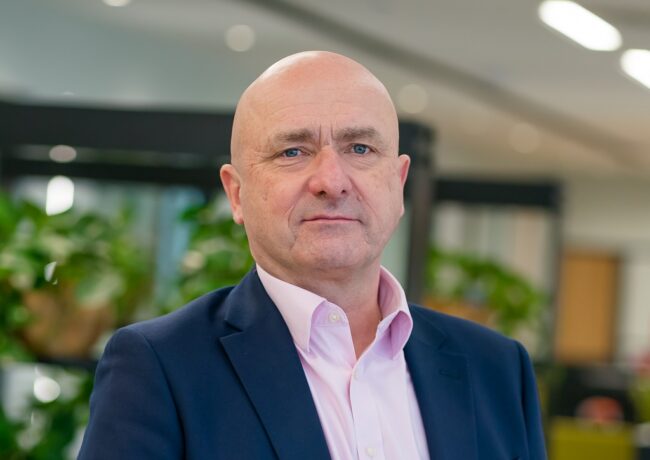Corridor Manchester welcomes Government’s LCEA announcement
Corridor Manchester, the regeneration partnership for the area around Oxford Street south of Manchester city centre, the Government's pledge to make the Manchester region a Low Carbon Economic Area for the Built Environment.
The Department for Business, Innovation and Skills named the Manchester region as one of four Low Carbon Economic Areas in the UK and will see the Corridor develop, test, monitor and measure the effects of new technologies and economic investment in the battle against climate change, and to help create jobs and drive economic growth.
Jackie Potter, chief executive of Corridor Manchester, said: "The Corridor Manchester partners are committed to deploying innovative environmental technology, linked with the world class research strengths of the universities, to deliver cutting edge research which will measure and monitor the real life impact of climate change, and potential ways in which it can be tackled, on the urban environment.
"The establishment of the Manchester region as the Low Carbon Economic Area for the Built Environment will provide us with a framework in which we can develop and deliver our ambition."
Corridor Manchester is today launching its 'i-trees' initiative, which measures the impact of trees in the fight against climate change. Its wider aim is focused on reducing pollution, improving air quality and creating greener and cleaner space.
Potter added: "I-trees is the first of many studies planned by Corridor Manchester to create a place where scientists and researchers can access a whole range of facilities to enable them to test, develop and deliver projects and theories, to turn them into reality that will bring long term benefits for Manchester and its people."
Work is also underway to reduce the carbon footprint of existing buildings through technologies such as installing smart meters into commercial properties located on the area being covered by Corridor Manchester.
Other projects include:
- Manchester Metropolitan University's proposals for its new Birley Fields campus at Hulme which aims to achieve "3 Zeros", zero carbon, zero waste and zero water by pushing available technology to its limits and creating a living research test bed for future evaluation.
- Proposals by GMPTE for the cross city bus package along Oxford Road
- The installation of super fast broadband (100 mps) directly to businesses and homes located in the area covered by Corridor Manchester
- Improvements to the public spaces on Oxford Road
- MMU's new Business School currently being built, designed by Feildon Clegg Bradley Studios, which aims to be the greenest educational building the country
Corridor Manchester also said it is contributing to the City Region's aim to support 34,000 jobs, including 18,000 in the supply chain, and improve skills levels and job progression opportunities in the region over a five-year period.



